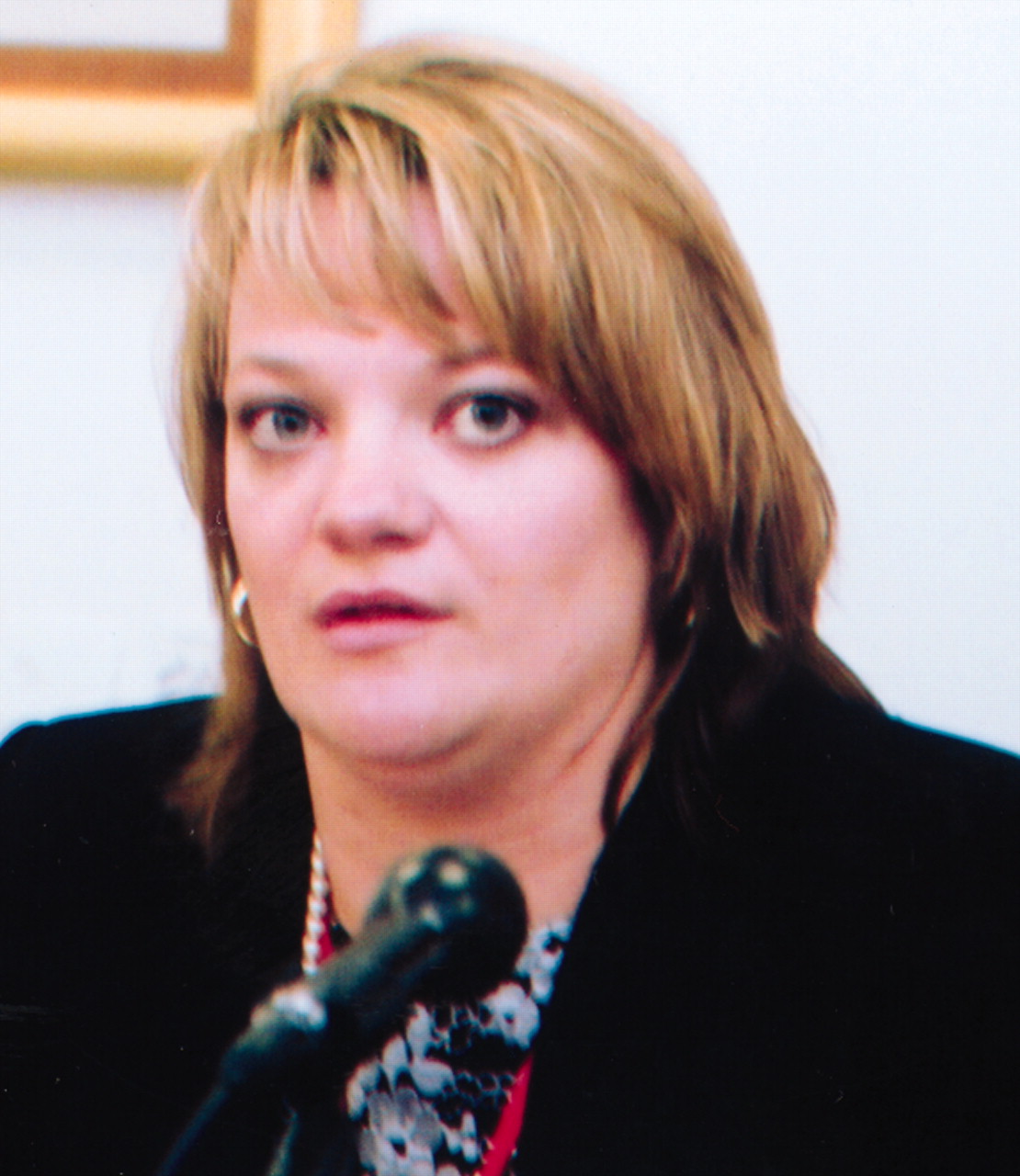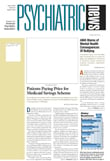Hundreds of gambling sites operate on the Internet to which teenagers can gain access. Restricting this access to Internet gambling is essential to reduce the risk of exposure to gambling, especially for young children, warned experts at a Federal Trade Commission (FTC) briefing on online gambling held in June on Capitol Hill.
Responding to the same issue, the House Judiciary Committee passed a bill (HR 3215) to combat illegal gambling on the Internet in June (
see box).
Adolescents use the Internet more than any other age group, and recent studies have found that about 3 percent of adolescents and 8 percent of college students have gambled on the Internet, according to the National Council on Problem Gambling. The term “problem gambling” refers to pathological gambling and gambling-related problems.
In addition, regular or heavy Internet users are more likely to participate in Internet gambling than infrequent users, said Marianne Guschwan, M.D., chair of the APA Committee on Treatment Services for Patients With Addictive Disorders, at the FTC briefing.
Web sites geared to adolescents that feature adventure, sports, and action figures often advertise online gambling sites with direct links to Web sites. “Many gambling sites entice young people with offers of ‘freebies’ and other supposed discounts to get them started on gambling,” said Guschwan.
The FTC conducted an informal survey of more than 100 gambling and nongambling Web sites at the request of Congress about a year ago, said FTC Chair Timothy Muris at the briefing. “It was easy for us to enter online gambling sites. Sites that attempted to prevent minors from entering were easy to [access]. In addition, some sites posted warnings that underage gambling is illegal, but the warnings were in fine print or hidden from view,” said Muris.
Most of the sites the FTC surveyed were operated from servers outside the United States, thus evading federal and state regulations, said Muris. He added that every state has laws barring minors from gambling.
Internet gambling differs from other forms of gambling because there are few, if any, regulations to assure the fairness of games or establish the responsibility of game operators. There is no control on the hours of availability, age of participants, or type of games offered, according to the 2001 APA Advisory on Internet Gambling, which was developed by the committee that Guschwan chairs.
With online gambling, “an unscrupulous operator can merely close down a site or move its base to another country,” the advisory states.
The FTC plans to work with the gambling industry’s trade organization to encourage its members to block online access to minors and curtail advertising to them, said Muris. “We have taken a similar approach in working with the alcohol, tobacco, and entertainment industries to protect children from being exposed to harmful products and advertising.”
He also released the FTC consumer alert “Online Gambling: A Bad Bet for Kids” to educate parents and children about the dangers of online gambling. An estimated 1 million adolescents between the ages of 12 and 18 may be pathological gamblers, according to the National Gambling Impact Study Commission 1999 Report.
To meet the DSM-IV criteria for a pathological gambling disorder, five or more of the following 10 symptoms must be present:
• Preoccupation with gambling-related thoughts, plans, or activities.
• Need to gamble with increased sums to produce the desired excitement.
• Restlessness or irritability when attempting to cut down or stop gambling.
• Gambling to escape from problems or relieve an undesired mood such as helplessness, guilt, anxiety, or depression.
• After losing money gambling, often returning to try to win it back.
• Lying to conceal gambling activities or consequences.
• Committing illegal acts to finance gambling.
• Jeopardizing or losing a significant relationship, job, or educational or career opportunity because of gambling.
• Relying on money from others to relieve a desperate gambling-related financial situation.
• Having made repeated unsuccessful attempts to control, cut back, or stop gambling.
“Just as with traditional forms of gambling, online gambling can result in addiction, bankruptcy, divorce, crime, and suicide—the costs of which must ultimately be borne by society,” said Rep. Frank Wolf (R-Va.) at the briefing. He is a cosponsor of HR 3215.
Guschwan commented that other measures are needed to combat the problem of pathological gambling including public education, prevention strategies, and funding for treatment. “A 1985 study found that for every dollar spent on treatment of pathological gambling, the benefit to society was $20,” said Guschwan.
The National Council on Gambling reported in 1993 that there were more than 13,000 treatment programs for alcoholism but only 100 treatment programs for pathological gambling.
The APA Advisory on Internet Gambling is posted on the APA Web site at www.psych.org/news_stand/internetgamblingadvisory11601.pdf. The FTC consumer alert on online gambling is posted on the FTC Web site at www.ftc.gov/gamble. The 1999 National Gambling Impact Study Commission Report “The Gambling Debate” is posted at www.umc-gbcs.org/csasep992.htm. ▪

